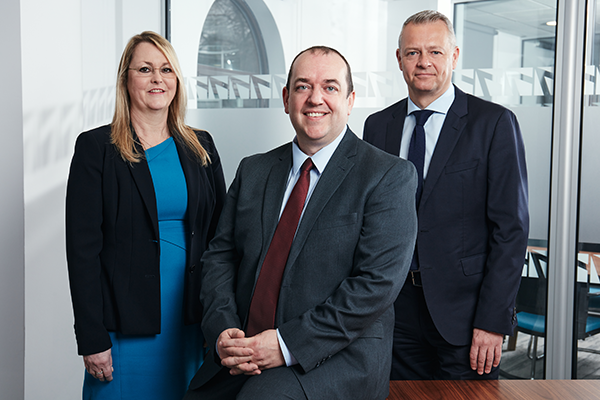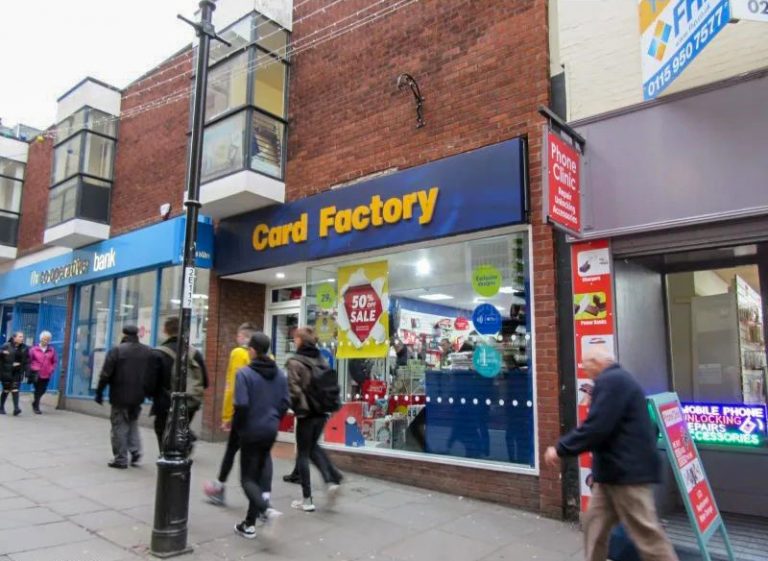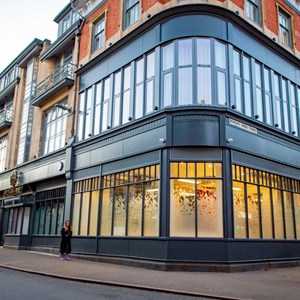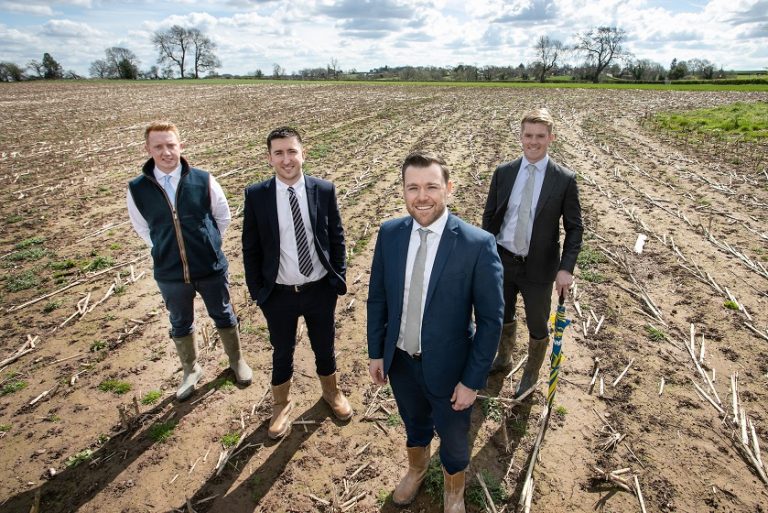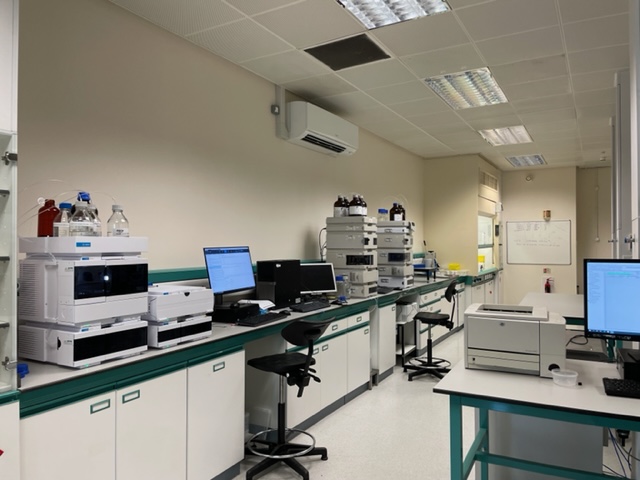Ashfield District Council has opened its Hucknall Town Centre Masterplan consultation, giving Hucknall residents an opportunity to have their say on how the places in Hucknall town centre where they live, work, learn and visit should develop over the next few years.
The Hucknall Town Centre Masterplan sets out the aspirations for the future development of the town centre. The purpose of the masterplan is to deliver innovative change to Hucknall Town Centre, and it will help towards supporting sustainable growth, creating new public realms, revitalising existing buildings and services, and improving the streets for pedestrians. The plan also seeks to capitalise on future aspirations in relation to culture, transport, and urban regeneration.
Cllr John Wilmott, Councillor for Hucknall North, said: “The masterplan will play a critical role in the future of Hucknall Town centre. We want to raise the profile of the town both locally and regionally, for it to realise it’s potential as a place of great heritage and build on the significant transformation the town centre has already undergone in recent years.”
Full details of the Hucknall Town Centre consultation can be found on the Council’s website and social media pages.
Copies of the draft Hucknall Town Centre Masterplan can be viewed at Sutton, Kirkby, Huthwaite, Hucknall, Skegby and Selston libraries as well as the Council Offices on Urban Road, Kirkby-in-Ashfield.
You can view the draft Hucknall Town Centre Masterplan and talk to Council officers at the following consultation events:
- 5th May, 2.00 pm to 7.00pm – Hucknall Leisure Centre, Linby Road, Hucknall, NG15 7TX
- 10th May, 2.00 pm to 5.00pm – John Godber Centre, Ogle St, Hucknall, NG15 7FQ
- 12th May, 10.00 am to 1.30pm – United Reform Church, Farleys Grove, Hucknall, NG15 6FG
- 18th May, 10.00 am to 1.30pm – West Hucknall Baptist Church, Ruffs Drive, Hucknall, NG15 6JN.
Cllr Wilmott continued: “Through funding opportunities, including the Levelling Up Fund we are investing in making Hucknall town centre a place where residents can enjoy their free time, bringing more opportunities for businesses, investment and enhancing Hucknall’s visitor offer.
“Hucknall has a lot going for it already with its pedestrianised shopping area, transport links and rich cultural history. I encourage all residents to read and have their say on the draft masterplan so that together we can help transform the town centre into the attractive, vibrant, accessible place to live, learn, visit, work and invest.”
The consultation period will run from Monday 25 April to 5.00pm on 24th May 2022.


